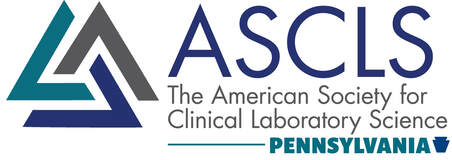Careers Possibilities in Laboratories
If you are a prospective student interested in a career in laboratory medicine, please see below for a comprehensive list of all possible careers that someone could acquire education and credentials for. Each career has different levels of educational requirements and job responsibilities.
